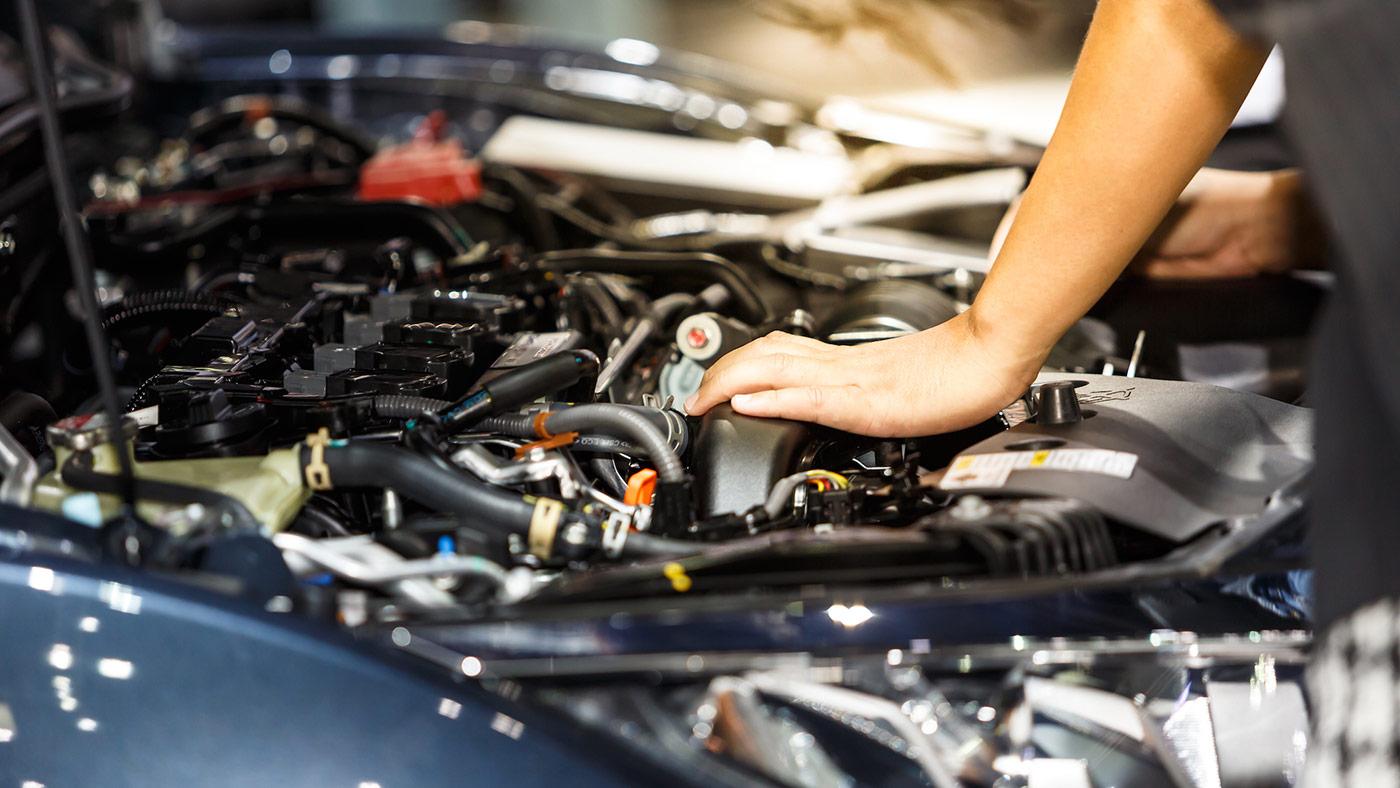Deciding whether to Car Repair or replacement is a major decision that every vehicle owner faces at some point. The choice can impact your finances and daily life, and making the best decision requires weighing several factors, including cost, safety, and convenience. Stormer Auto Garage is here to guide you through this decision-making process. We’ll explore the pros and cons of both options to help you determine which choice might be the best for your circumstances.
Understanding the Costs: Repair vs. Replacement
Evaluating the Costs of Car Repairs
When facing significant car issues, the first thing to consider is the cost of repairs. Sometimes, fixing a car can be cost-effective, especially if the problems are minor or infrequent. However, as cars age, repair costs can accumulate quickly, making it less economical to keep the car running than to replace it.
Key Points to Consider:
- Frequency of Repairs: If your car is frequently in the shop, these costs can quickly add up, surpassing what a new car payment might be.
- Cost of Repairs vs. Car Value: If the cost of a single repair approaches or exceeds the value of the car, it might be time to consider replacement.

The Financial Impact of Buying a New Car
Purchasing a new or newer used car is a significant investment. New cars come with the latest technology and safety features but also with higher price tags and immediate depreciation. Used cars might offer a better value but can come with their own set of repair risks.
Factors to Weigh:
- Depreciation: New cars lose value rapidly in the first few years.
- Financing Costs: Interest on auto loans adds to the total cost of purchasing a new car.
- Insurance Costs: Newer cars often come with higher insurance premiums.
Assessing Vehicle Reliability and Safety
The Reliability of Your Current Car
The reliability of your vehicle plays a crucial role in deciding whether to repair or replace it. An older car that’s prone to breakdowns can be unreliable and potentially unsafe, especially if you depend on your vehicle daily.
Considerations for Reliability:
- Historical Performance: How has your car performed in the past? Frequent breakdowns might indicate it’s time for a replacement.
- Predicted Reliability: Use resources like consumer reports and reliability ratings to gauge how your car might perform in the future.
Safety Features in New Cars
Newer cars often feature advanced safety technologies that older cars do not, such as automatic emergency braking, lane departure warnings, and backup cameras. These features can significantly enhance driver safety.
Safety Advantages of New Cars:
- Advanced Safety Technology: Newer models incorporate the latest safety innovations.
- Better Crash Test Ratings: New cars often have superior crash test scores compared to older models.
The Environmental Impact
Considering the Environmental Perspective
The decision to repair or replace your car also has environmental implications. Keeping an older car running longer might seem eco-friendly, but newer models often have better fuel efficiency and lower emissions.
Environmental Considerations:
- Emissions: Newer cars typically meet more stringent emissions standards.
- Fuel Efficiency: New models are generally more fuel-efficient than older vehicles, which can save money on fuel and reduce your carbon footprint.
Recycling and Disposal
Proper disposal of an old car is crucial for minimizing environmental impact. Recycling and responsibly disposing of vehicle fluids and parts is an integral part of the car lifecycle.
Recycling Options:
- Scrap Services: Many services will take your old car and responsibly recycle its parts and materials.
- Trade-In Programs: Some dealerships offer trade-in programs that ensure your old car is disposed of or recycled properly.
Long-Term Benefits and Costs
Long-Term Cost Analysis
Consider both immediate and long-term financial implications when choosing between repair and replacement. A new car might incur higher upfront costs but can offer reliability and reduced maintenance costs down the line.
Analyzing Long-Term Costs:
- Maintenance and Repairs: New cars generally require less maintenance in the first few years.
- Warranty Coverage: New cars come with warranties that can cover major repairs for several years.
The Benefits of a New Car
Purchasing a new car can bring peace of mind, thanks to reliability, warranty coverage, and the joy of driving a modern vehicle equipped with the latest technology.
Advantages of a New Car:
- Reliability: Less worry about breakdowns and repairs.
- Latest Features: Enjoy the latest in car technology and comfort.
- Personal Satisfaction: There is significant personal satisfaction and enjoyment in owning a new car.
Making Your Decision
How Stormer Auto Garage Can Help
At Stormer Auto Garage, we understand the dilemma between repairing an old car and investing in a new one. We offer comprehensive evaluations to assess the condition of your car, providing detailed cost analyses of repairs versus replacement options.
Services We Offer:
- Detailed Inspections: We check your vehicle thoroughly to provide an accurate assessment of its condition.
- Cost-Benefit Analyses: Our experts can help you understand the financial implications of repairing versus replacing your car.
- Honest Recommendations: We pride ourselves on giving unbiased advice to help you make the best decision based on your circumstances.
Conclusion
Deciding whether to repair or replace your car involves considering many factors, including cost, safety, reliability, and environmental impact. At Stormer Auto Garage, we are here to guide you through this decision with professional advice and comprehensive services. Whether you choose to repair your current car or opt for a new one, we can provide the support you need to ensure your vehicle meets your needs and budget. Visit us today to find out how we can assist you in making the best choice for your automotive needs.




